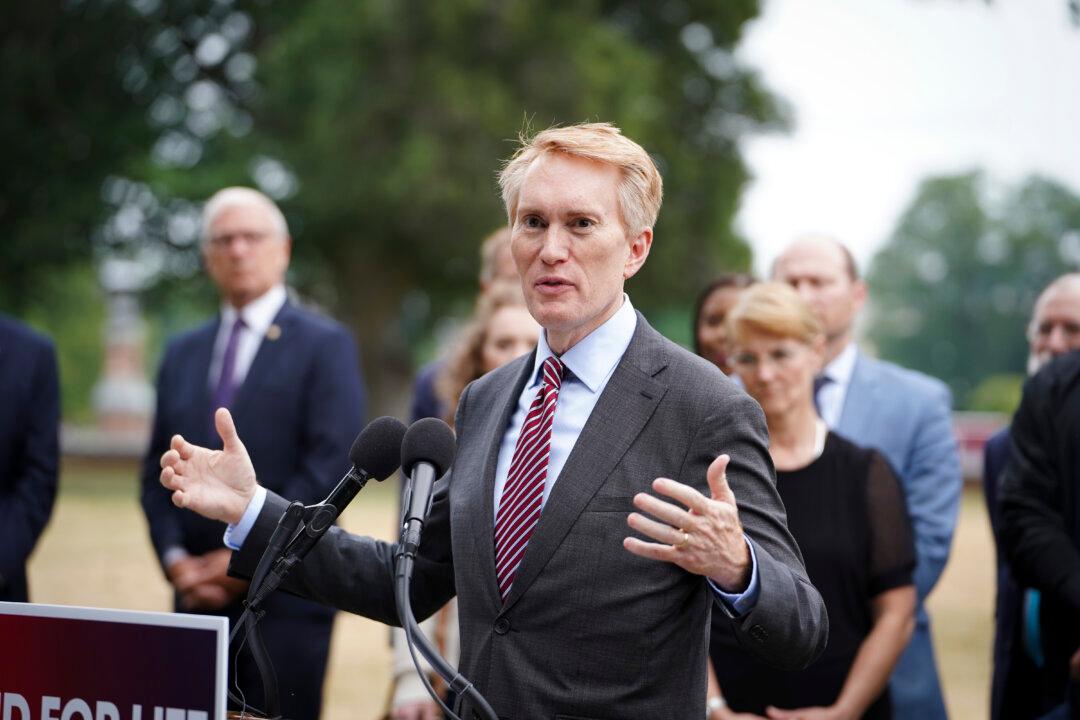All overseas U.S. embassies would be required to designate at least one employee for tracking activities associated with communist China’s predatory $1.2 trillion Belt and Road Initiative (BRI) in their local countries under legislation introduced in Congress by Sen. James Lankford (R-Okla.).
“Communist China is using debt-trap diplomacy to erode the sovereignty of debtor nations and challenge American leadership in critical regions around the world. The United States cannot ignore how China destabilizes developing countries to advance the Chinese Communist Party’s [CCP] military ambitions and malign agenda. The U.S. should counter China’s predatory lending and promote freedom to people living under China’s exploitation,” Mr. Lankford told The Epoch Times.





